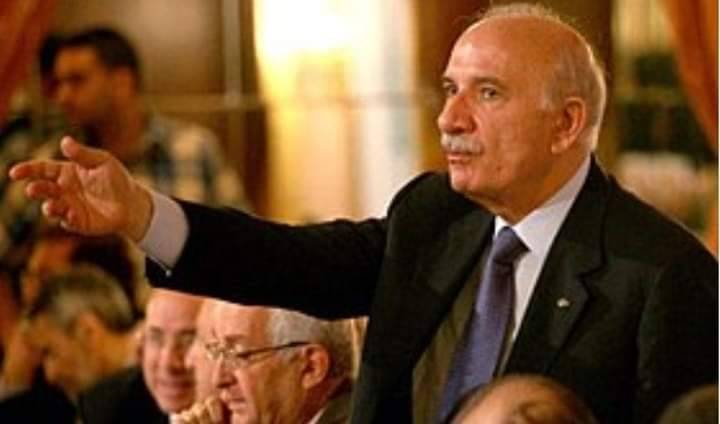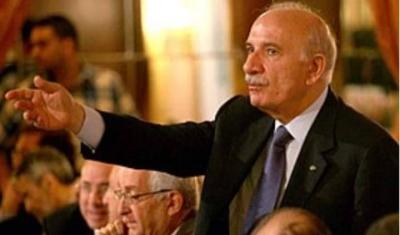Lebanon has lost, with the passing of former Speaker of the Parliament Hussein Al-Husseini, a distinctive figure in its history, and a symbol of the Taif Agreement and the National Accord Document. He, alongside other national icons, played a significant role in ending the Lebanese civil war. Al-Husseini was a pivotal player in politics, positioned as a moderate open figure, away from extremism, especially during the war, which contributed to enhancing communication among various components and fostering compromises.
Al-Husseini chaired the Parliament from 1984 to 1992 and served as a deputy from 1972 until 2008. He participated actively in parliamentary committees and contributed to the founding of the "Amal" movement in 1973, originally named the "Movement of the Deprived." He held the position of head of the political wing of the movement and took over its presidency after Imam Musa al-Sadr's disappearance. He was also a member of the Higher Shia Council.
He resigned from the parliament in 2008 during a parliamentary session to grant the government confidence and withdrew from the 2018 elections after initially deciding to participate. Between 1956 and 1963, Al-Husseini served as the director of the electricity generation and distribution company in Baalbek and was the mayor of Shmistar in Baalbek from 1957 until 1998.
Born in the Beqaa Governorate, Zahle District, on April 15, 1937, Al-Husseini was married to Hayat Al-Husseini and had six children. Academically, he obtained a diploma in business administration from Cairo University.




